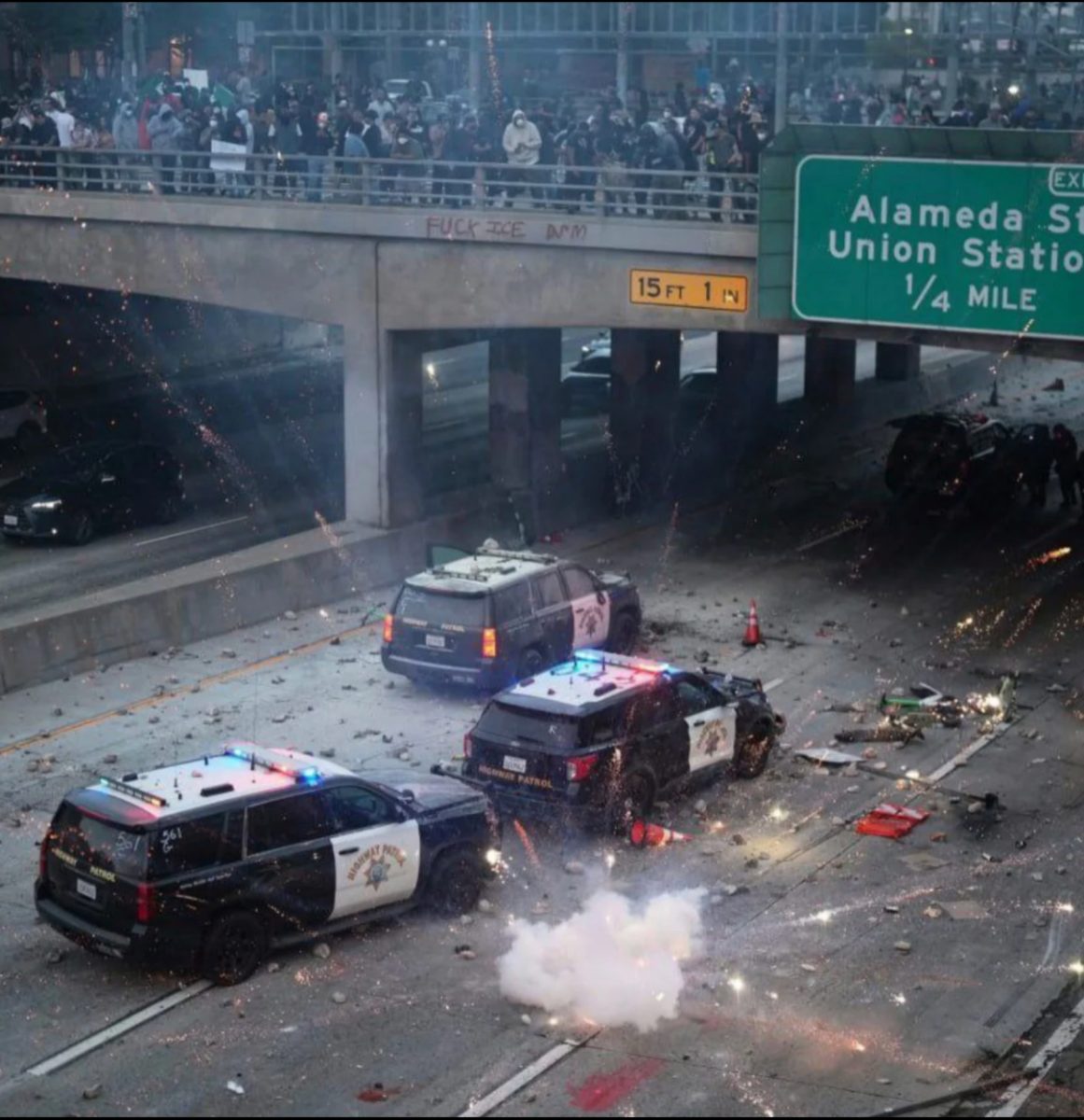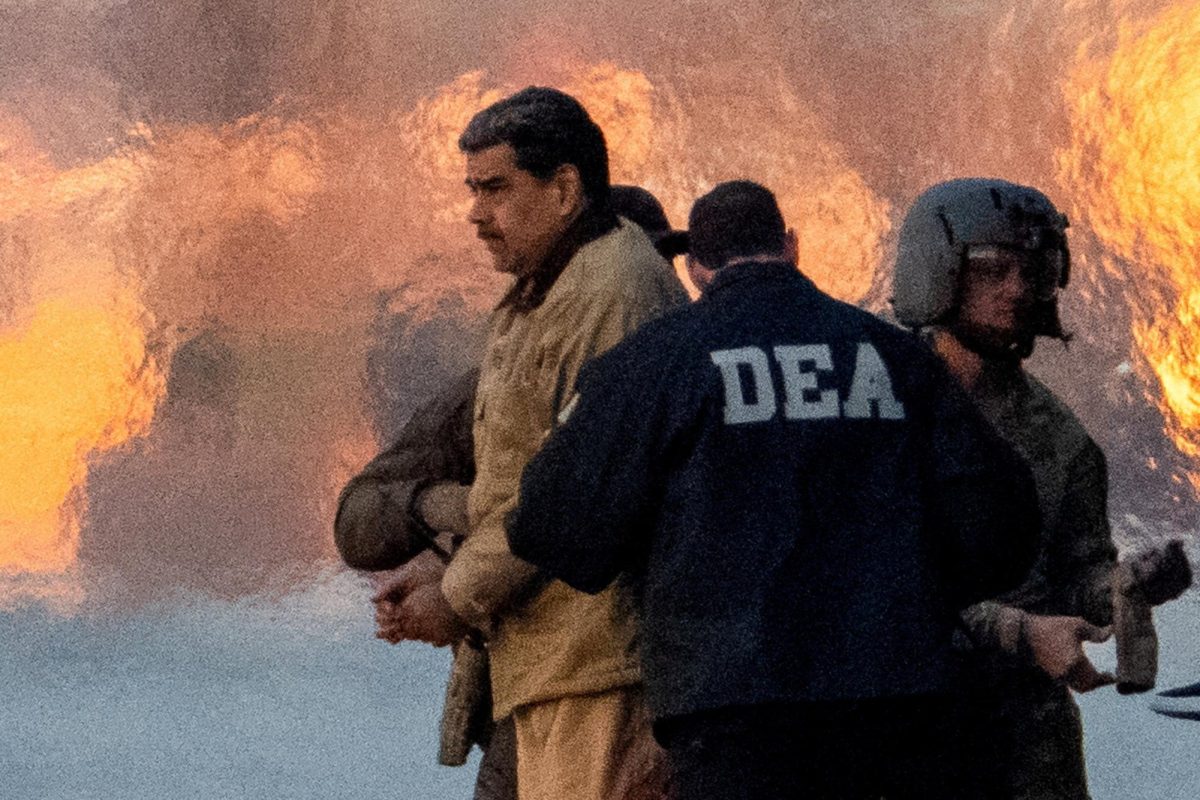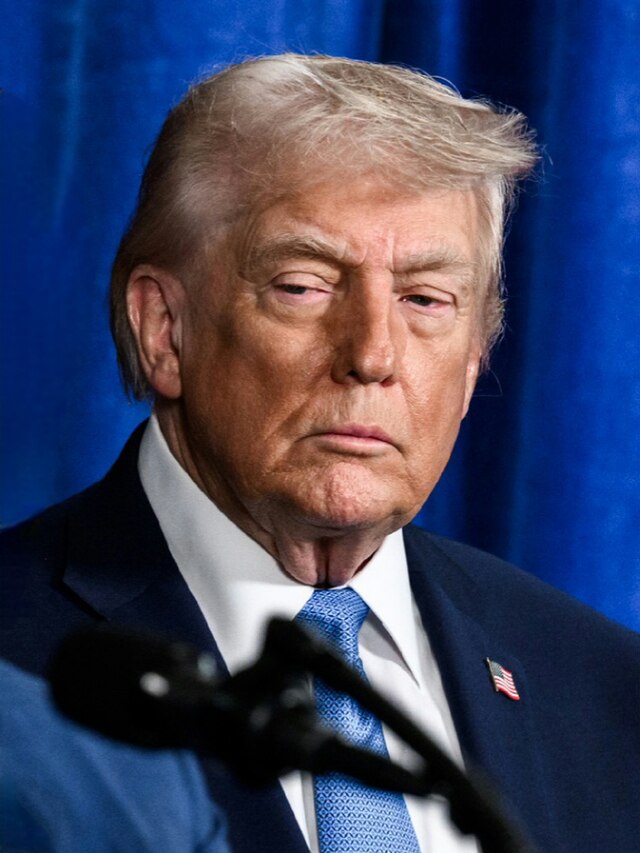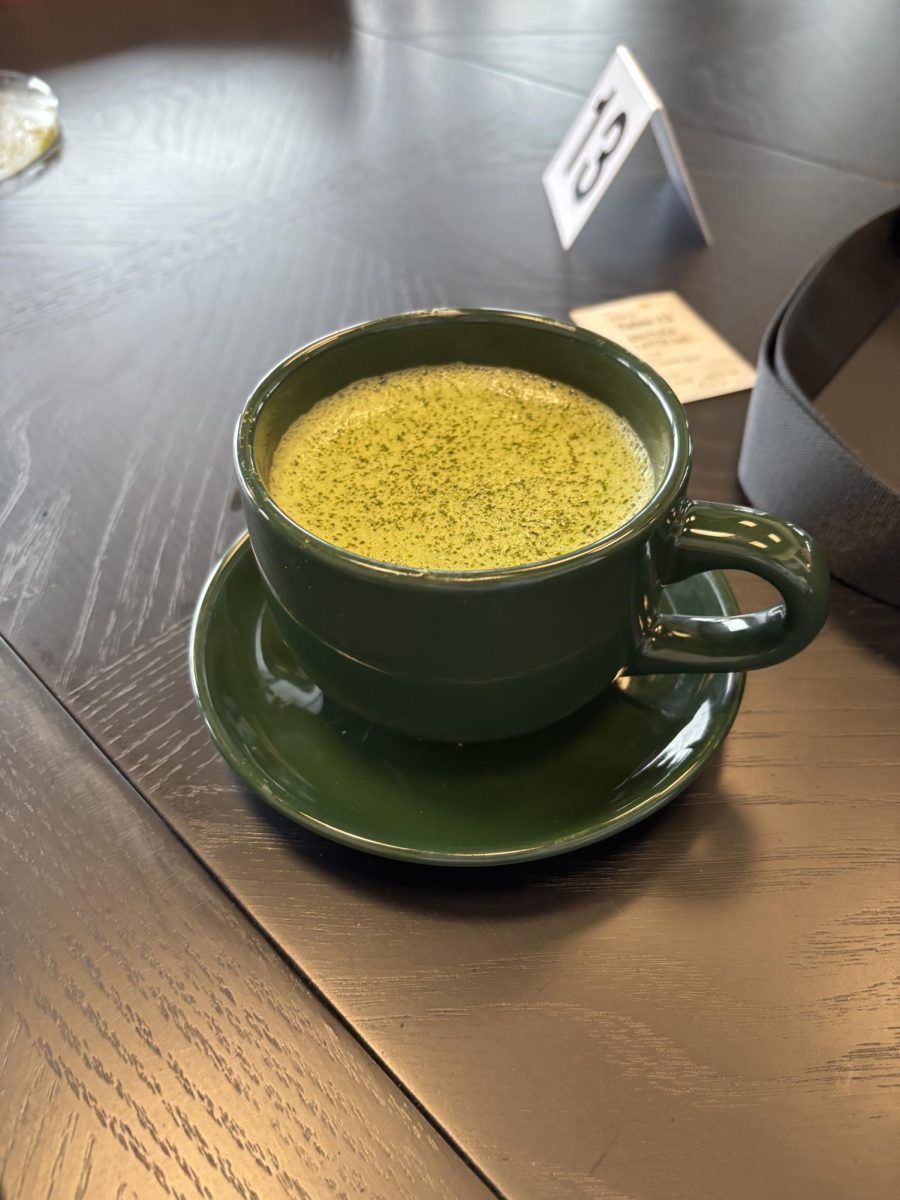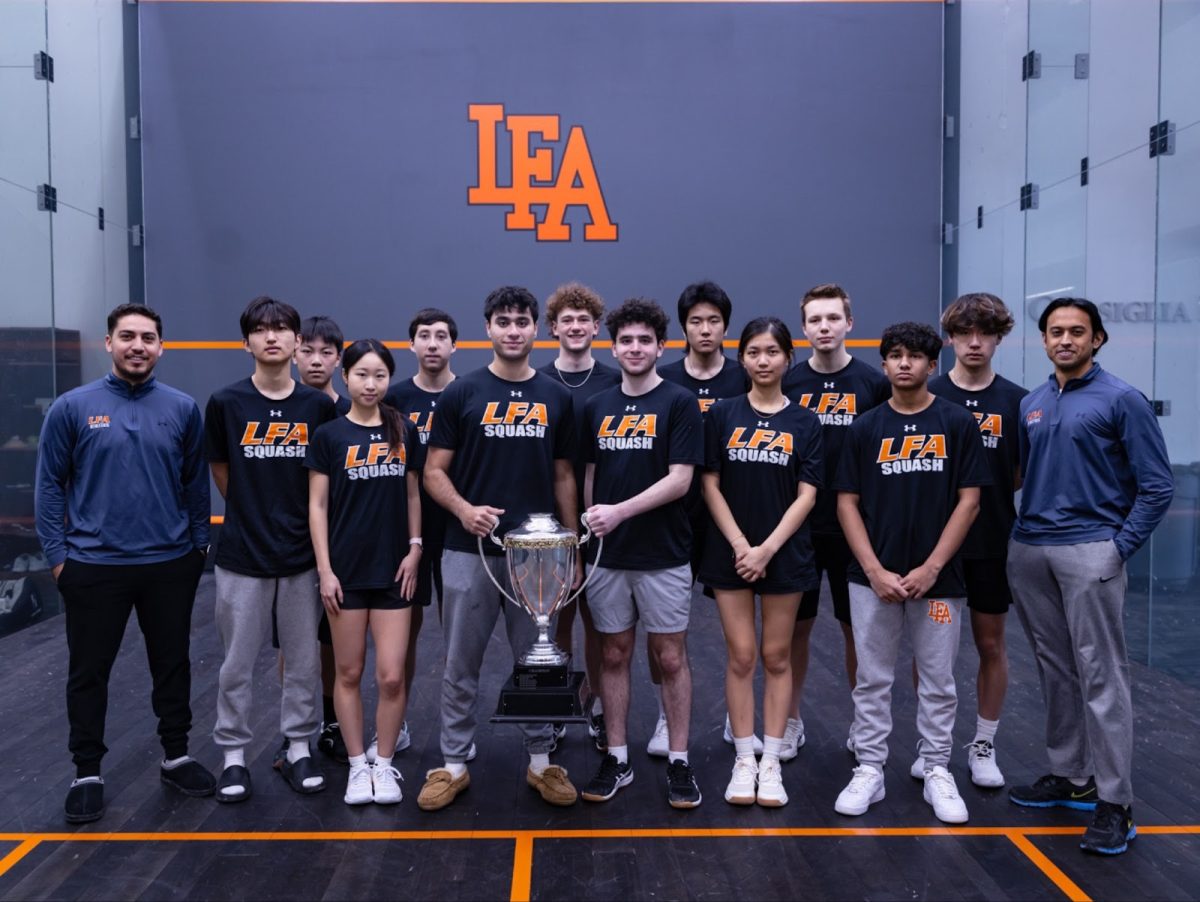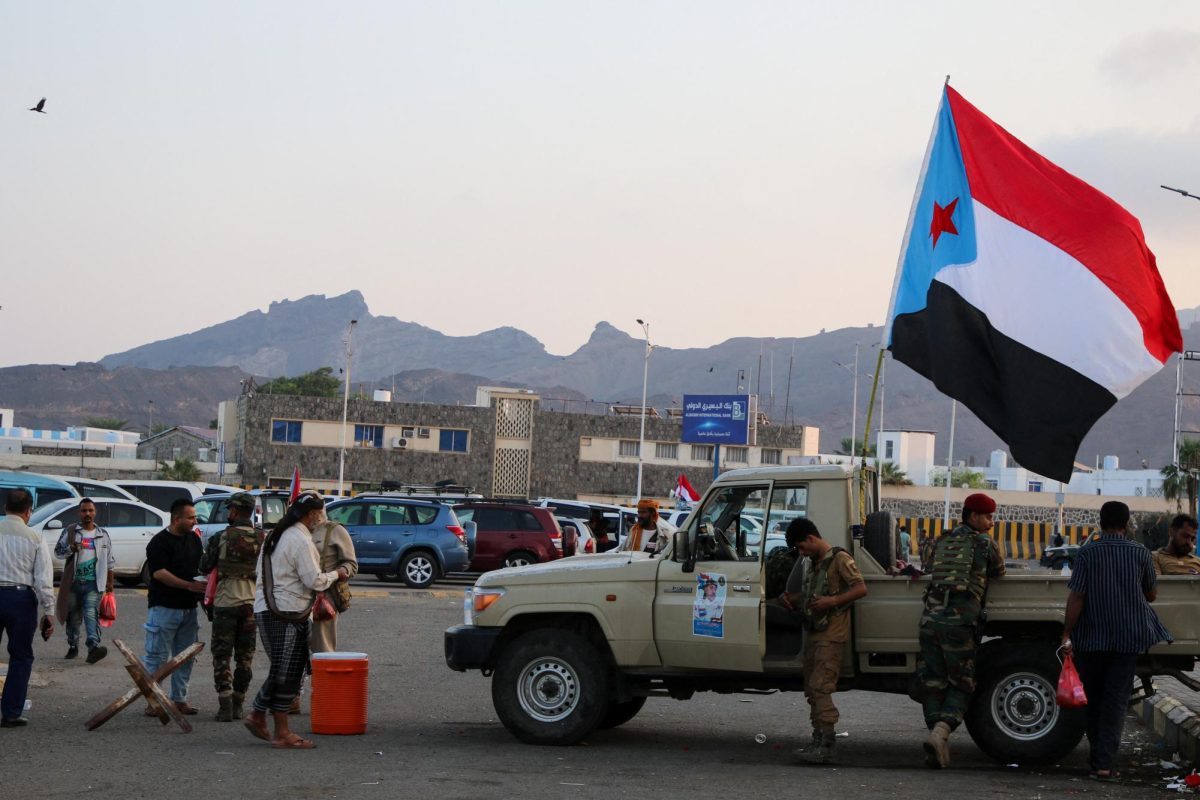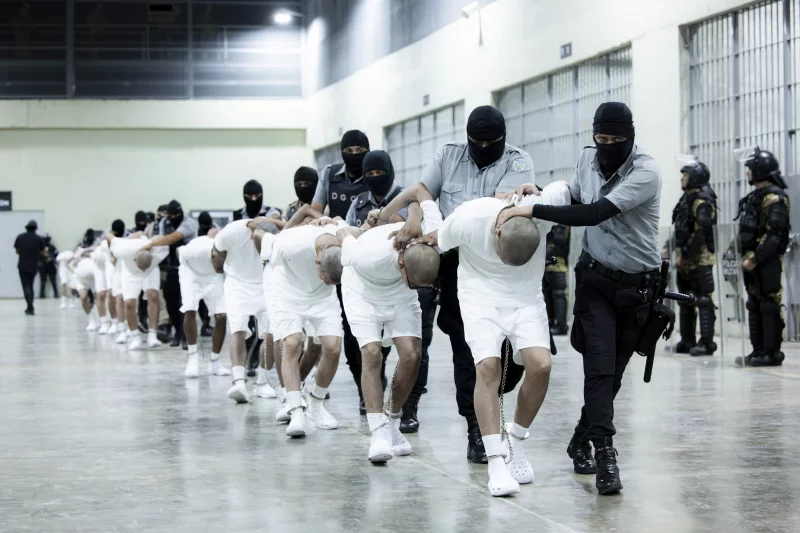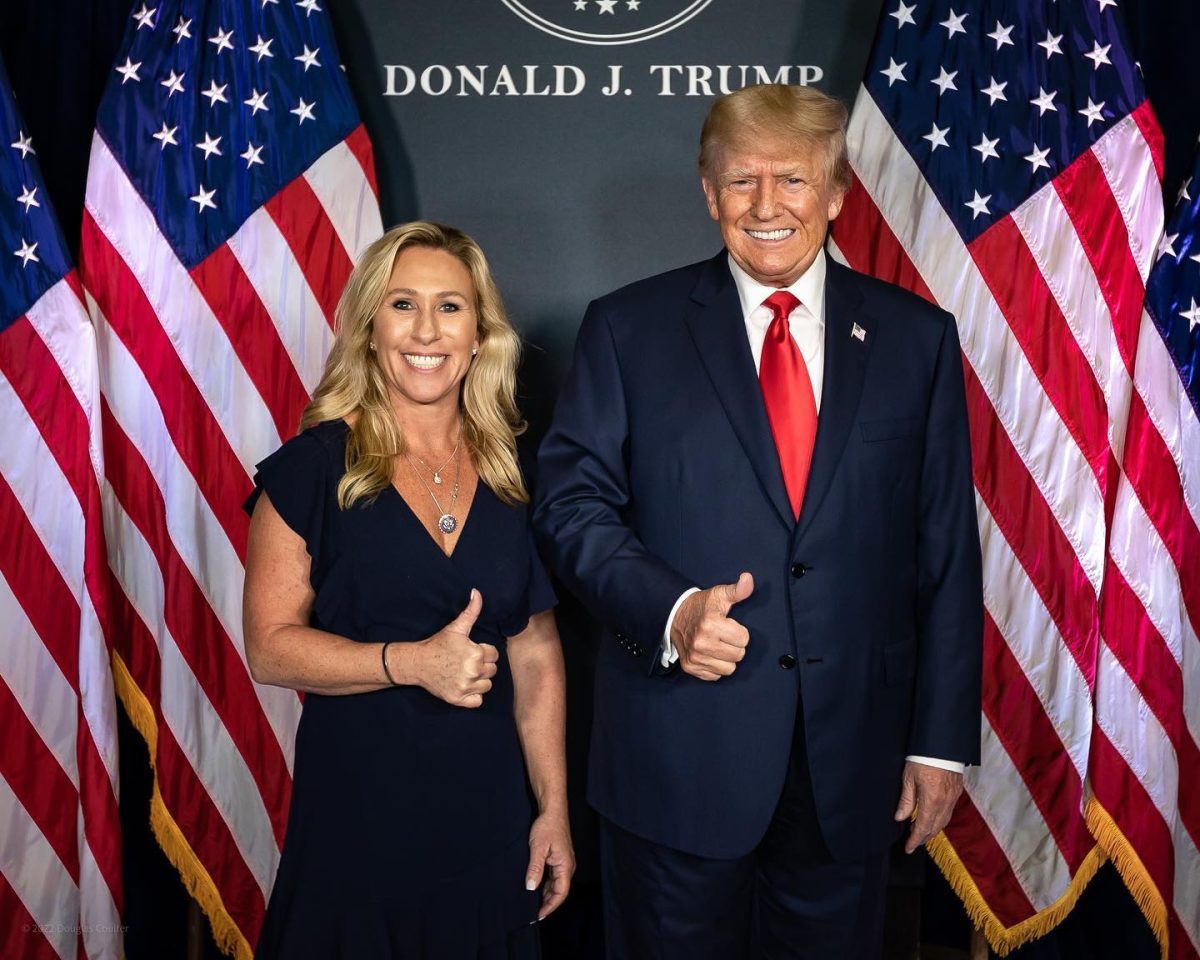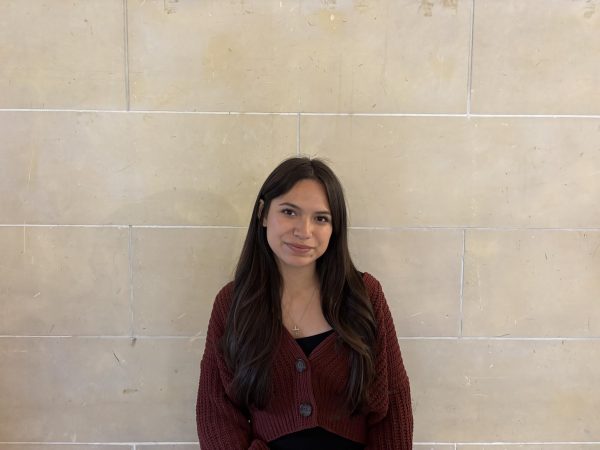On March 15, the Trump Administration deported 238 Venezuelan immigrants to the Terrorism Confinement Center (CECOT) in El Salvador under the Alien Enemies Act. The Administration claimed that all 238 were affiliated with the Venezuelan gang Tren de Aragua. Following the mass deportation, the New York Times ran an investigation on the deportees, and found that the majority had no ties to the gang or any act of violence. Now, advocates across the United States demand their return.
The Alien Enemies Act has been used three times in U.S. history: the War of 1812 by President Madison against the British, World War I by President Wilson against the Central Powers and in World War II by President Roosevelt against the Japanese, Germans and Italians. President Trump is now the fourth president to use this act, claiming Tren de Aragua has become an invading force.
The Alien Enemies Act does maintain due process, meaning all those detained have rights to a lawyer, hearing and the ability to contest their case. This protects individuals and their rights in order to ensure a fair trial. However, the Venezuelans were not given a reason for their deportation, or a case. The Trump administration failed to follow due process.
The New York Times ran an investigation on the 238 deportees, finding most innocent. Similarly, a “60 Minutes” investigation concluded that around 75% of those arrested had no criminal record. Beyond the fact that the extent of these offenses by some was only a parking ticket, many had no documentation linking them to the Venezuelan gang. The New York Times also found none were given due process. Within three hours, the group were flown to El Salvador and taken to the CECOT.
The Trump Administration is paying El Salvador $6 million to hold them in the mega-prison. All will spend at least a year in confinement under harsh conditions. The prison consists of eight cell blocks that hold up to 3,000 prisoners each. Inmates spend 23 hours a day in cells with metal bunks, without accommodations like sheets or mattresses. They have no access to books or mail, and are not allowed recreation, education or visitation. Every inmate has their head shaved upon entering, and are given the prison’s standard uniform: white shirt, shorts, slides and chains around their hands, ankles and waists. According to visitors from news organizations, the entire prison is cloaked with a heavy silence. Armed guards are seen in every corner.
The Alien Enemy Validation Act shows a point scale to officially identify someone as an “alien enemy” — eight points are needed to be classified as such. Tattoos are worth four points. “Gangly” appearing clothes are four points. This means that the U.S. Immigration and Customs Enforcement (ICE) has begun to arrest men on the spot, based only on their appearance, with no due process. Many of the men arrested had tattoos. Some were to raise awareness for autism; others, their family trees. Luis Izquiel, a professor of criminology at Venezuela’s Central University, says, “In the case of the Tren de Aragua, there is no common pattern of similar tattoos among its members.”
More recently, Kilmar Armando Abrego Garcia from Maryland has caught the attention of the nation. Garcia is a husband, a father of three and worked in construction. His wife is a United States citizen, and previous court rulings prevented Garcia being deported from the country. The Trump Administration has ruled his deportation as an “administrative error,” but maintains that Garcia was part of the MS-13 gang and will not be returning to the United States. Garcia is one of many victims of the Trump Administration’s failed execution of due process.
Terry Moran from ABC News challenged the president, saying, “You could get him back. There’s a phone on this desk,” to which Trump responded he could, but he will not. In the same interview, he claimed to not have the ability to bring him back, as Garcia is under the custody of a different nation. The President of El Salvador Nayib Bukele supports the Trump Administration in not wanting to release any of the wrongfully deported. The group remains in El Salvador despite the US Supreme Court ruling to “facilitate” their return.











